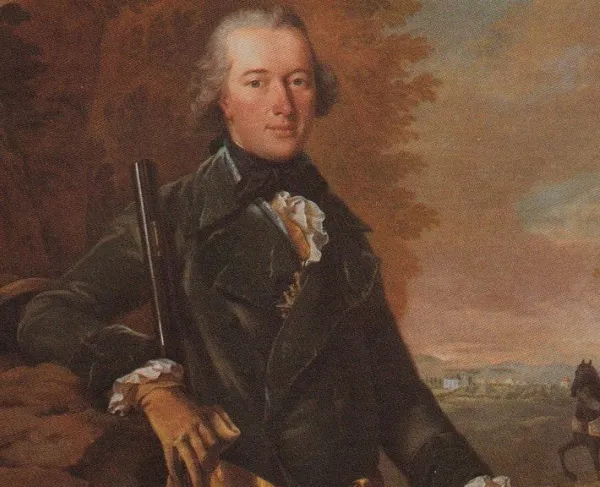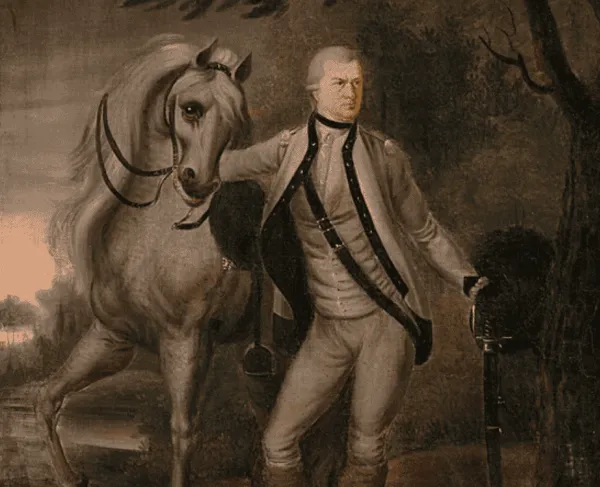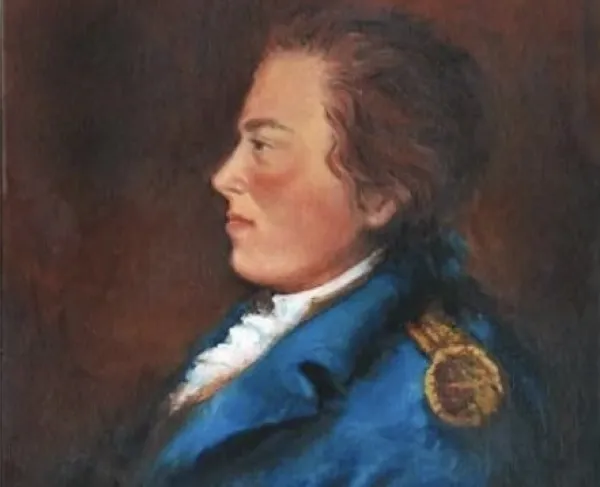Carl Ulrich von Donop

Carl Ulrich von Donop was a Hessian colonel who served with the British Army during the American Revolution. Born into a noble family in Hesse-Kassel (Germany) in 1732, von Donop was a young soldier when he served in the Seven Years’ War, and he was given command of four battalions at the start of the American Revolution.
He landed on Long Island in August 1776, where he participated in the battles of Brooklyn Heights, Harlem Heights and White Plains. In December 1776, von Donop was made de facto commander of the British garrisons in New Jersey, answering to British Major General James Grant. With Colonel Johann Rall in command of the garrison at Trenton, von Donop sought to temporarily move his forces to southern New Jersey. In a series of skirmishes in Burlington County, von Donop pulled his brigade of 2,400 troops into Mount Holly, encamping there for Christmas. Apparently wounded and in the care of a “beautiful young widow,” the colonel did not budge and was too far removed to reinforce Rall when George Washington attacked Trenton on December 26.
Von Donop was not reprimanded for his lack of actions and continued serving in New Jersey. In the spring of 1777, he participated in several skirmishes, including the attack on Bound Brook on April 13th. When the British captured Philadelphia in October 1777, several naval engagements took place on the Delaware River. Von Donop hoped to recover his reputation that was tarnished the year before. He was given command of 1,2000 troops and ordered to lead an attack on Fort Mercer, a fort on the New Jersey side of the Delaware River, opposite Philadelphia. At the Battle of Red Bank on October 22nd, von Donop unsuccessfully led three charges on the American fortifications, resulting in the loss of over 500 men, including himself. He died of his wounds several days later and was buried at Red Bank along the Delaware River, most likely under rising water of the river today.
By many accounts of his contemporaries, von Donop was an ambitious officer with plans to stay in America after the war was won. He was not well-liked by his subordinates, and many, including Captain Johann Ewald, blamed him personally for the loss of Trenton.
Related Battles
40
514





